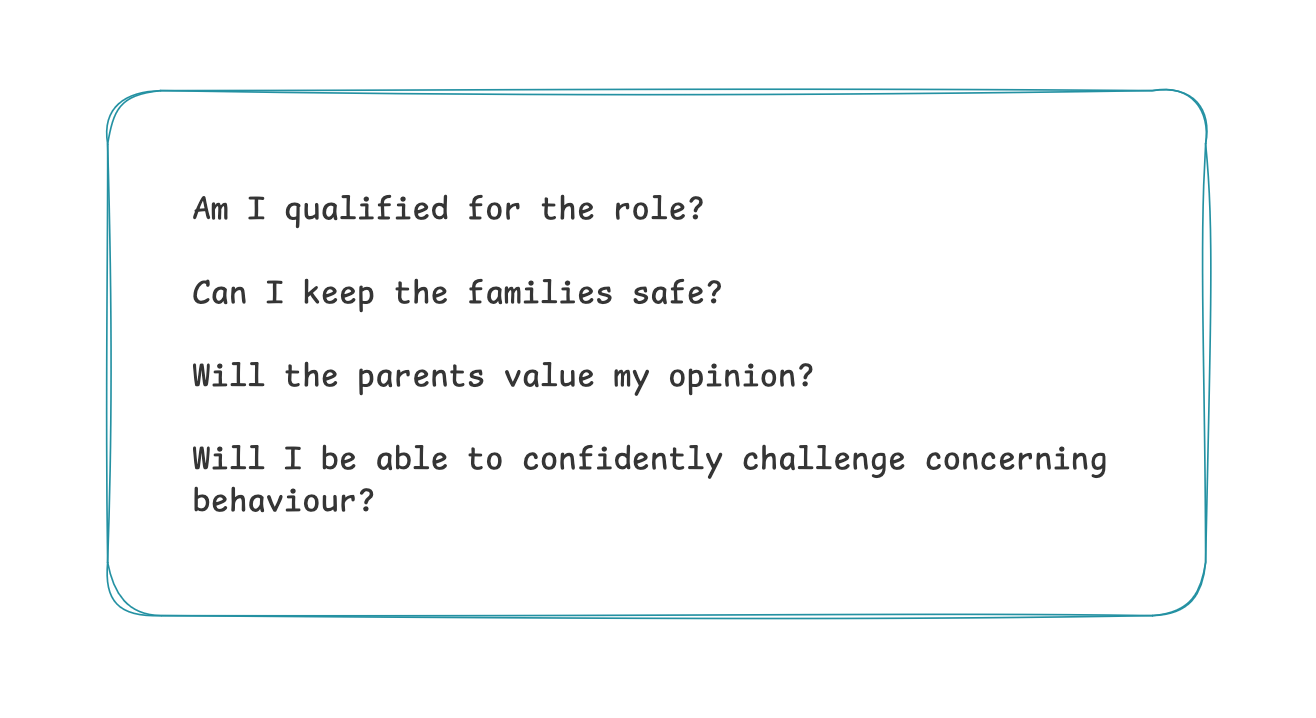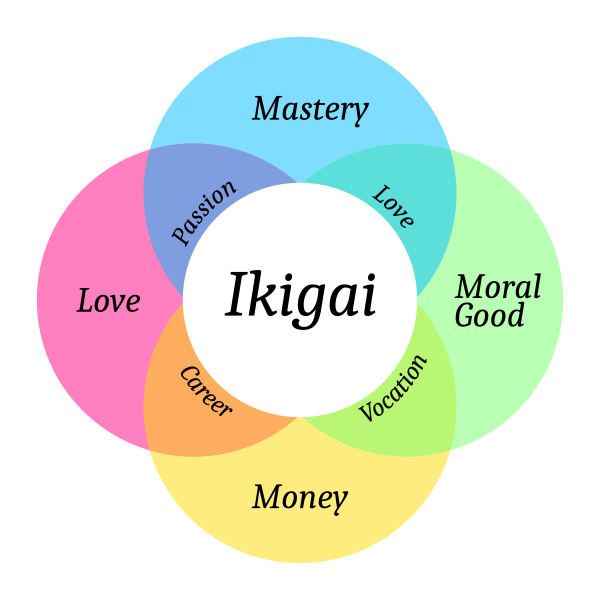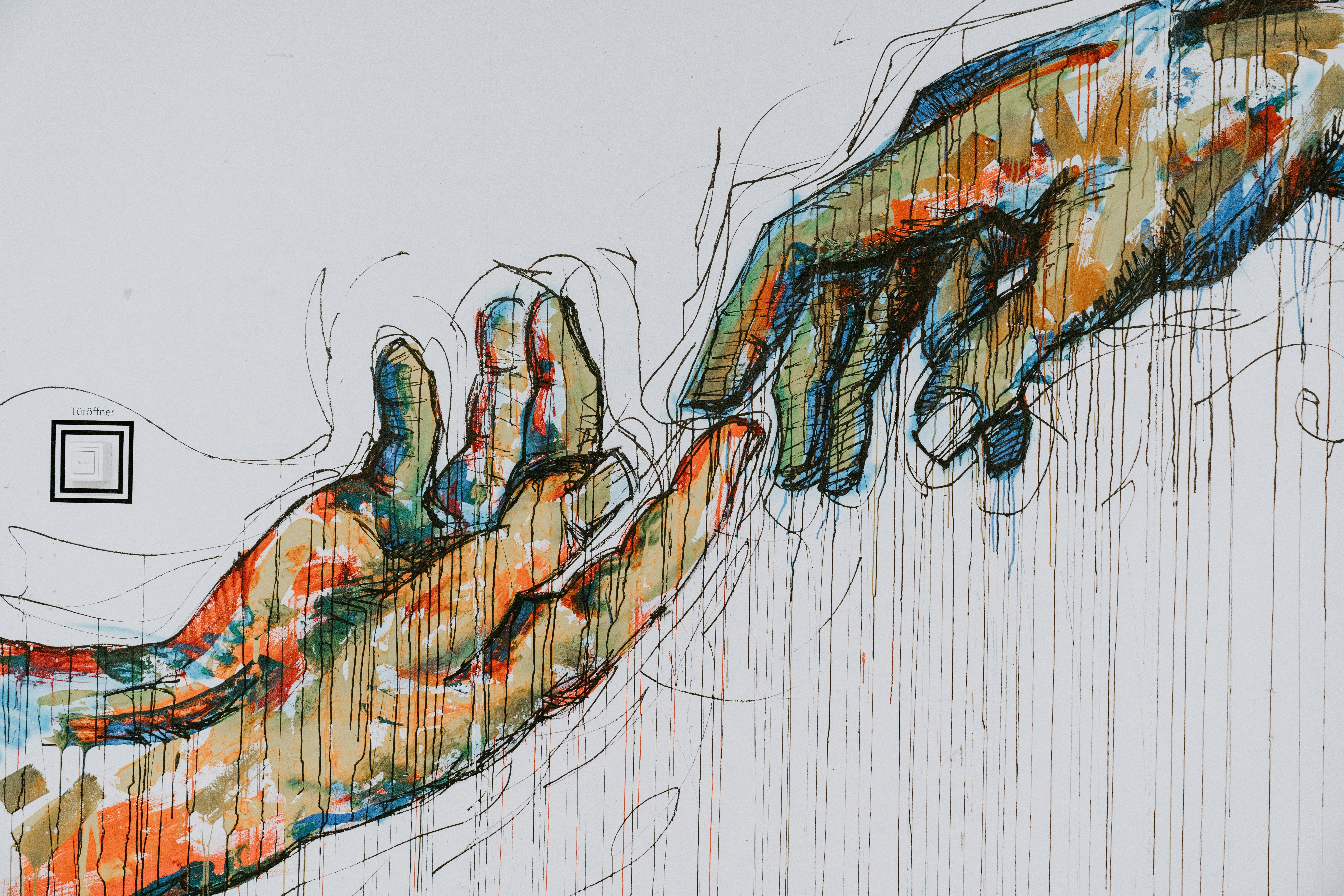Finding a Role Aligned With My Purpose
I’d recently started studying towards my degree in psychology, psychotherapy, and counselling at UCLan and was looking for a job to do alongside my studies to gain relevant experience. The position of "Family Assessment Practitioner" immediately stood out. While researching the company, I felt an immediate alignment with their values.
The interview confirmed it—the role seemed to perfectly encompass my childcare qualification, my background in yoga and mindfulness, and my new studies in psychology. I accepted the position, fully aware it would be a huge step out of my comfort zone.

First Impressions: Empathy and Imposter Syndrome
I remember my first four-hour taster session. The omnipresent CCTV cameras created a palpable tension that made me immediately empathise with the parents' experience of surveillance. Any unease I felt, however, was quickly soothed by the team's genuine and welcoming nature.
But honestly, I was gripped by imposter syndrome.

Navigating Relationships and Self-Discovery
The very first parent I met remained, throughout my entire three-year tenure, the relationship I found most difficult to navigate. The connection was energetically fraught, a reminder that we are all human. Sometimes, dynamics are just complex.
Ironically, this was balanced by another parent residing there at the time, who was incredibly friendly, bubbly, and happy to help. Her warmth acted as a social lubricant, easing the initial discomfort and showing me that the centre was an ecosystem of different personalities—staff and parents alike.
The role is a relentless mirror. It highlights your strengths with glaring clarity, but it also exposes every area where you feel less comfortable.
You are forced to confront:
- your biases
- your communication style
- your limits
My counselling studies, which were focusing on communication techniques at the time, suddenly became not just an academic subject, but a critical toolkit.
That first year was undoubtedly difficult, a constant cycle of questioning and learning. Now, I can look back and see it for what it was: a period of immense, foundational growth.

Growth, Connection, and finding my Ikigai
After those initial wobbles, and with some stern, loving talks from my partner who refused to let me believe I wasn't good enough, I persisted. Slowly, incrementally, my confidence began to grow. I started to realise that my unique blend of skills wasn't a disadvantage; it was my superpower.
I carved out a role as the well-being champion, organising yoga classes and pampering evenings for the parents. These acts of nurturing, like massages or my signature cucumber face masks, were often a first-time experience for them. Even some of the dads joined in, some drifting off to sleep while others erupted in deep, healing laughter. In these moments, the dynamic shifted from assessor and assessed to a simple, human connection.
I had found my Ikigai—the Japanese concept meaning "a reason for being," which lies at the intersection of what you love, what you are good at, and what the world needs.

The Profound Dichotomy of the Work
The job was a constant pendulum swing between immense reward and profound heartbreak. Witnessing families embrace support and thrive was incredibly beautiful. The centre provided a safety and community many had never known.
Conversely, the other side was devastating. For some, 12 weeks wasn't enough. The weight of trauma and the pressure of assessment created a perfect storm. The stark reality is that the child's timescale cannot wait for a parent to be ready.
I will never forget the first mother who received the news that her child would be removed. The raw, guttural sound of her sob as she collapsed into my shoulder is a memory that brings me to tears even now. In such moments, there are no villains, only profound, system-wide tragedy and human beings doing their best with the lives they have been given.
This disparity was highlighted by my parallel work as a nanny for privileged families, who could hire help when overwhelmed, a luxury the parents at the centre didn't have. The assessment centre exists to be that crucial helping hand, offering the support and skills to provide the best possible outcomes for children.
It is a vital, life-altering intervention.

Why did I leave a job I was so passionate about?
The catalyst was a universal pain point: documentation.
We were collecting evidence for the courts, yet we were logging critical information in a fragmented way—on paper, and across several different software platforms, none of which were purpose-built for residential family centres.
It’s important to say that our management team were fantastic; they were constantly trying new solutions, doing the absolute best with the tools available. But this led to frequent, confusing process changes. I found myself spending more time worrying about where and how to log an incident than on processing the incident itself.
The "Aha!" Moment and Building FamilyAxis
This daily frustration led me to a profound realisation. I had pursued a psychology degree to become an adventure therapist, yet here I was, being pulled in a completely different direction.
As my graduation day crept closer, the pieces suddenly fell into place. This was the connection. The problem I faced every day was the very one my diverse experiences had prepared me to solve.
The seemingly random sequence of events—my degree, my work experience, this specific frustration—wasn't random at all. I made the decision to quit my job, move out of my flat and build a purpose-built tool for family assessment centres.
To fund this endeavour, I’ve been travelling through Europe working in exchange for accommodation while building FamilyAxis with a talented team. It has been a leap of faith, but I've learned that profound change rarely happens from the safety of the sidelines.
❝This belief that you have to step into the dark to create something meaningful, fuels me through the challenges.❞

I may have left my job, but I never really left the sector. We are building FamilyAxis for every practitioner who stays up late worrying about the families, for every manager striving to find a better way, and for every parent who deserves a process where the professionals have time for them.
This tool is my next step in supporting families. It is built with love, with experience, and with the unwavering belief that we can do better.
To every practitioner, social worker, and manager doing this vital work: this is for you.
A Note on Ikigai
Ikigai is a Japanese word often translated as “life worth living” or “a reason for being.” While in the West, well-being is usually described in terms of life satisfaction or happiness, ikigai captures something more nuanced.
It can refer both to a deep sense of purpose and to the small, everyday joys that make life meaningful. Because of this, many psychologists see ikigai as closer to meaningful well-being—the kind of flourishing that comes from growth, purpose, and living in line with your values—rather than simply feeling good in the moment.
Sources
- Kono, S., & Walker, G. J. (2019). Theorizing Ikigai or Life Worth Living among Japanese University Students: A Mixed-Methods Approach. Journal of Happiness Studies, 21(1), 327–355. https://doi.org/10.1007/s10902-019-00086-x
- Ikigai: The Japanese secret to a joyful life. (2024, February 29). The Government of Japan - JapanGov -. https://www.japan.go.jp/kizuna/2022/03/ikigai_japanese_secret_to_a_joyful_life.html




